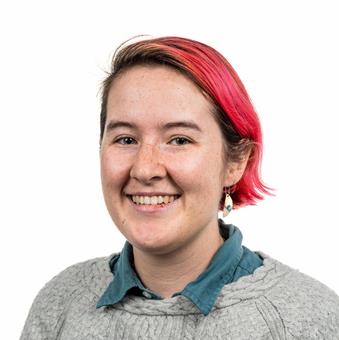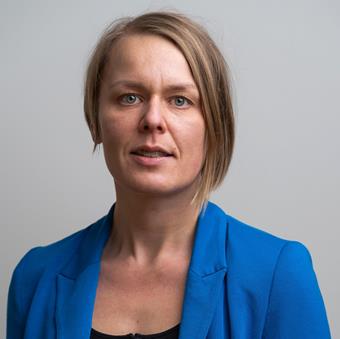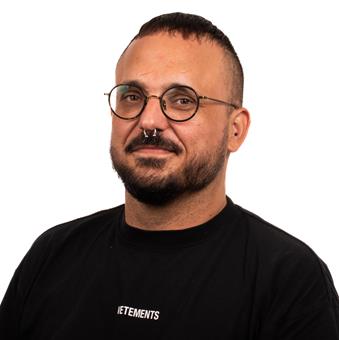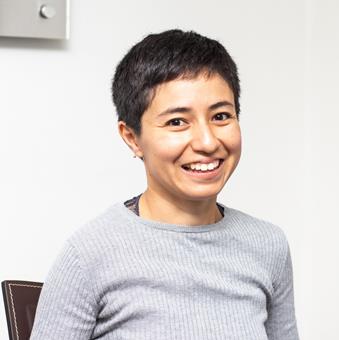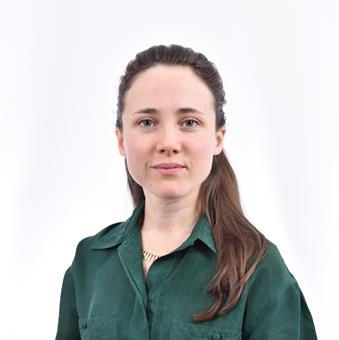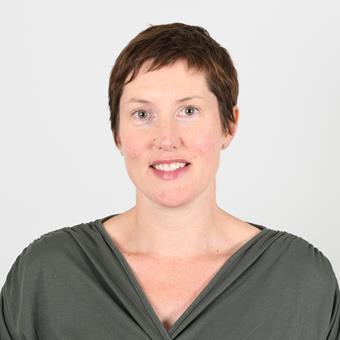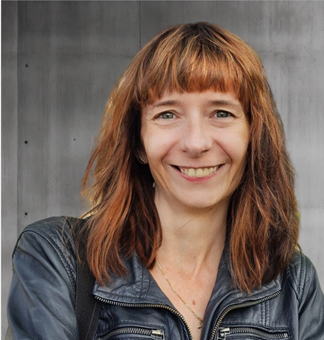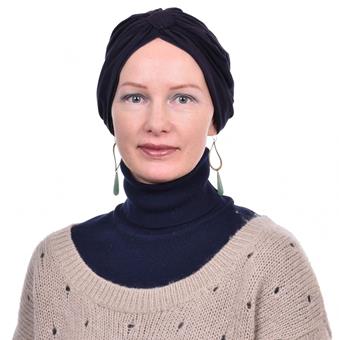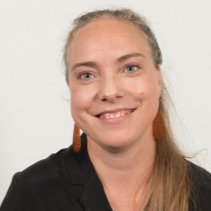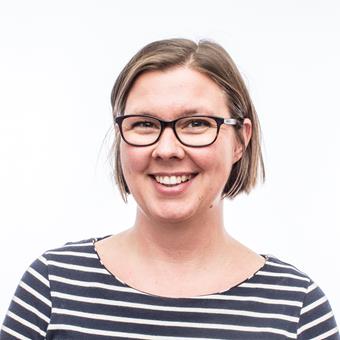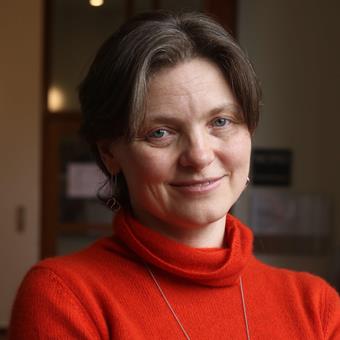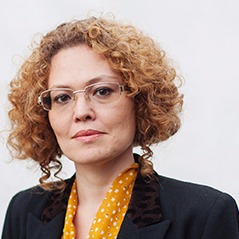Our research is wide-ranging, stemming from questions about identity and difference, nature and culture, and politics and the body. Presently we maintain three major research areas: decolonial feminisms; gender, nature, culture; and research at the intersections of gender, sex, and the body.
Four major research areas
Postcolonial Feminisms
Decolonial feminist studies problematizes western gender studies research and its role in a postcolonial world. It examines inequality in its various forms, including the intersections between gender, sexuality, ethnicity, history and memory, and geopolitics. Decolonial feminist studies also explores different forms of resistance against global inequalities and neocolonial power asymmetries, including how social movements, knowledge production, arts, and cultures have mobilized such resistance.
Gender, Nature and Culture
The research area gender, nature, culture builds upon research from traditional humanities disciplines such as literary studies, cultural studies, history, and philosophy, investigating new questions about humans, nature, culture, and environment. This research takes a more-than-human perspective where we trouble the dichotomies of and boundaries between nature and culture, human and non-human, body and technology, and human and animal, among others.
The Bodies Hub
Research in The Bodies Hub meets at the intersection of Gender Studies, feminist technoscience, and medicine, investigating gender, the body, sexuality, and identity. We ask questions about how knowledge, medicine, technology, and norms co-create the bodies we live in, and live with.
Sex Media and Sex Cultures
Sexuality is fundamental to how we understand ourselves and our place in the world. Yet, rather than being something that is exclusively internal to us, sexuality is deeply informed by the cultures and media ecologies of which we are part. The research area Sex Media and Sex Cultures brings together researchers working on the roles of media and culture in shaping modern and contemporary sexualities.
Research collaborations and education
Tema Genus contributes to international research collaborations such as the GEXcel International Collegium, a center of excellence for gender studies research, and interGender, a consortium for research education. We offer a PhD in Gender Studies and a Master’s degree in Gender Studies—Intersectionality and Change. We also offer single subject at both undergraduate and master’s level.






